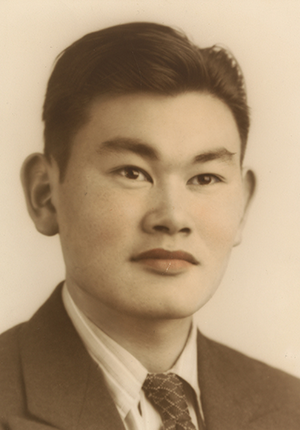Summary
Fred Korematsu was a Japanese-American citizen who refused to relocate to one of the detention camps created during World War II by executive order specifically created to detain Japanese Americans. Korematsu was convicted for disobeying this executive order. He appealed his conviction, and his case eventually reached the Supreme Court. There, the Court held that the executive order and the state laws that followed it were constitutional because they furthered a “military necessity.” In so doing, the Court placed national security above protection of its citizens even with regard to laws “curtail[ing] the civil rights of a single racial group.” The Korematsu decision was not overruled by the Supreme Court until 2018.







